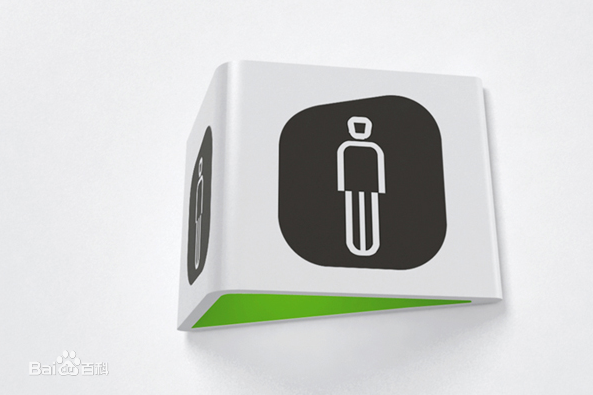Human perception, memory and decision-making are impacted by tens of cognitive biases and heuristics that influence our actions and decisions. Despite the pervasiveness of such biases, they are generally not leveraged by today's Artificial Intelligence (AI) systems that model human behavior and interact with humans. In this theoretical paper, we claim that the future of human-machine collaboration will entail the development of AI systems that model, understand and possibly replicate human cognitive biases. We propose the need for a research agenda on the interplay between human cognitive biases and Artificial Intelligence. We categorize existing cognitive biases from the perspective of AI systems, identify three broad areas of interest and outline research directions for the design of AI systems that have a better understanding of our own biases.
翻译:人类的认知、记忆和决策受到影响我们的行动和决定的数十种认知偏见和累赘论的影响。尽管这种偏见普遍存在,但当今模拟人类行为和与人类互动的人工智能系统一般没有利用这些偏见。在本理论文件中,我们声称,人类机器合作的未来将要求开发模拟、理解和可能复制人类认知偏见的人工智能系统。我们建议有必要就人类认知偏见和人工智能之间的相互作用制定研究议程。我们从人工智能系统的角度对现有的认知偏见进行分类,确定三大关注领域,并概述设计对自身偏见有更好了解的人工智能系统的研究方向。





